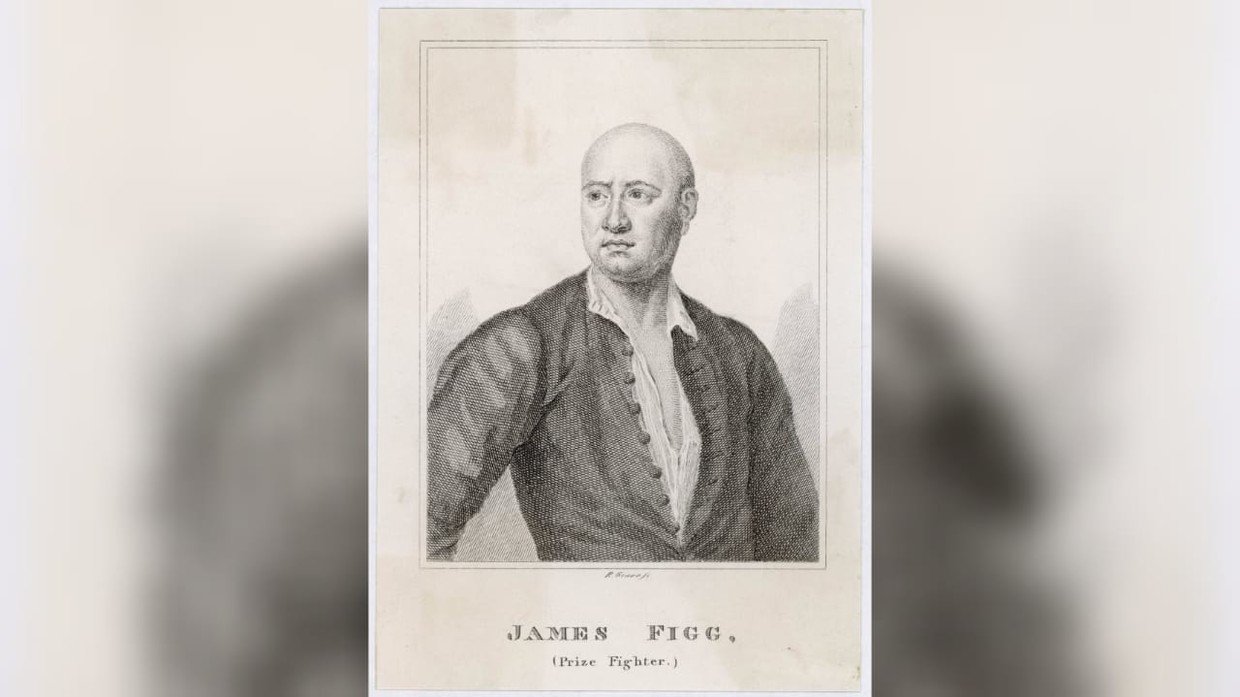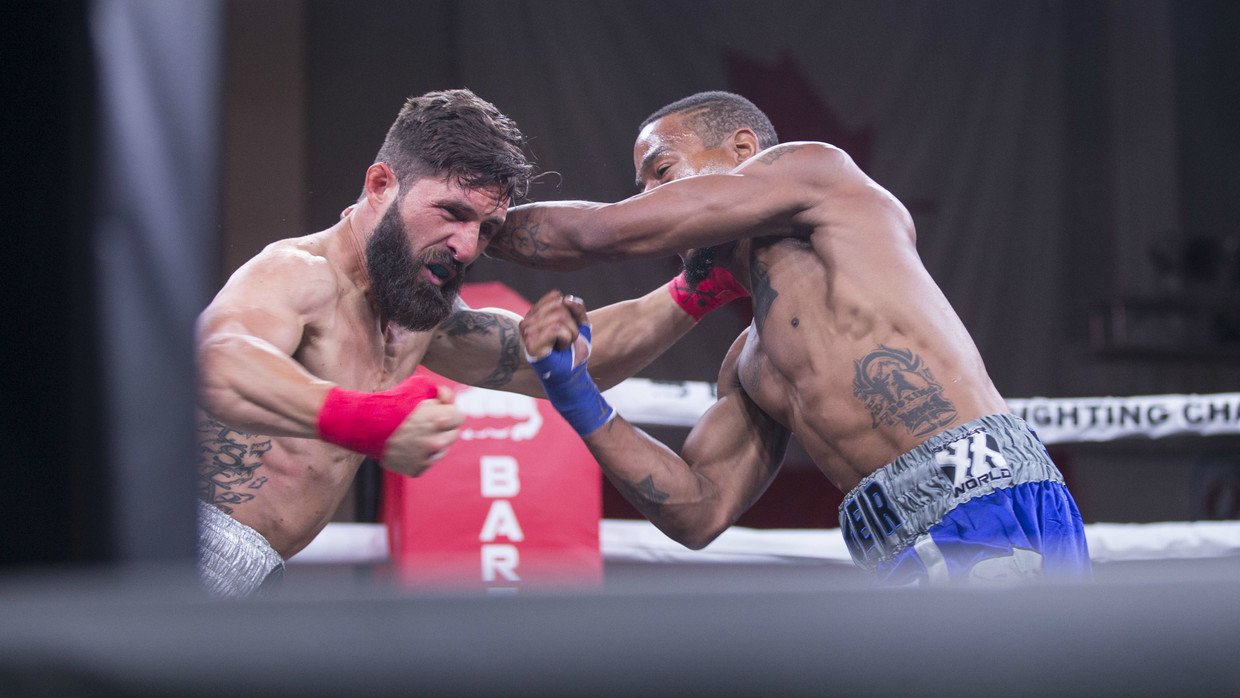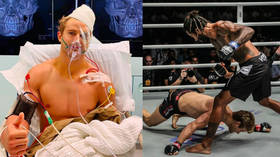From 18th century to this day: Understanding the brutal world of bareknuckle boxing

Bareknuckle boxing has emerged from the shadows to become one of the most talked-about combat sports of 2019, but why now? And is there room for it in the already jam-packed fight calendar?
Since its inception three centuries ago, organized bareknuckle boxing has had an enduring influence on the combat sports landscape. England's James Figg was crowned as the first ever bareknuckle champion in 1719, and was credited with an 11-year period of dominance before eventually retiring as a champion. But with the introduction of the Marquess of Queensberry Rules in 1867, which mandated the introduction of gloves, the rules set began to slowly diverge into the system of the 'traditional boxing' that we see today.

Traditional boxing (as we understand it now), and more recently mixed martial arts, have become the two most dominant codes of full-contact fighting sports, but bareknuckle boxing, or BKB as its fans call it, is once again stepping from the shadows back into the public arena.
Former American professional boxer David Feldman is credited as being the man responsible. He campaigned for more than a decade to realize his vision of holding bareknuckle events on pay-per-view television.
However, the PPV model in the United States was reticent to get involved unless the modern-day version of the centuries-old sport was fully regulated and licensed – something it hadn't enjoyed in the U.S. for more than a century.
In June 2018, the state of Wyoming became the first place to sanction a bareknuckle event on American soil, a move which set into motion other states allowing the sport within their borders. Since then, Feldman's Bare Knuckle Fighting Championships have held five events, with a sixth scheduled for Florida in June.
However, it has not been without its teething problems. The sport had a mountainous public relations hurdle to navigate given the perception of its brutality, a battle that continues to this day. One of their fighters, Josue Rivera, no-showed an early event in April, suggesting perhaps that the show had a long way to go to match the professionalism of the sports that they are being compared to.
In a separate incident, Feldman shot himself in the foot during the promotion's most successful show to date, when he blurted into a microphone that a fighter in a previous bout –who was deemed to have been insufficiently aggressive– was to be docked his contracted pay.
The move drew criticism from all quarters, forcing Feldman to retract his words and to admit to an error in judgement but to many this only served to emphasize the unprofessionalism of this upstart sport.
What's more, this occurred just before the Bare Knuckle FC 5 main event, which showcased a particularly violent contest between former UFC fighters Artem Lobov and Jason Knight. The bout, captured and later savvily edited by the BKFC marketing department, showcased 10 minutes of blood-pumping, teeth-shattering strikes. Lobov, training partner of a certain Conor McGregor, had his hand raised but left the bout with an array of swollen gashes scattered around his bald head.
Also on rt.com Artem Lobov shows off gruesome scars of war after debut Bare Knuckle win (GRAPHIC)The injuries sustained by both Lobov and Knight in their 10-minute battle was a visceral sight to many watching, with both men bloodied and Knight undergoing some unscheduled dental work in the bout. Several spectators have suggested that the comparatively brief BKB bouts (five two-minute rounds) is less taxing on competitors than traditional boxing in which fighters can spend more than 30 minutes in the ring, as well as the weight of the shots that boxers can land on opponent's head without breaking their own hands when fighting without gloves. That said, studies into the long-term damage associated with bareknuckle boxing have yet to be fully explored.
READ MORE: 'Malignaggi was too easy for McGregor, he won't be a problem for me' – Artem Lobov
So why are we seeing a resurgence today? Feldman's grafting has brought the sport from the shadows back into a viable opportunity for prizefighters looking to test themselves and make a competitive wage while doing so. A host of former UFC fighters have taken part in BKB bouts in the last year, with former UFC stalwarts Johny Hendricks, Chris Leben and Bec Rawlings among them, but it is June's headliner between BKB star Artem Lobov and former world champion boxer Paulie Malignaggi which is likely to be the most-watched bareknuckle bout in the history of the sport.

The fight will serve as a sort of proxy war for the bad blood between Malignaggi and Lobov's friend and training partner, McGregor, and is predicted to draw a sizeable audience on pay-per-view, as well as guaranteeing two significant paydays for its featured characters. For all of its recent breakthroughs, though, the world of bareknuckle boxing is still a developing one. It has fallen into a niche once occupied by mixed martial arts, something which the UFC worked for years to eradicate.
Whether a mainstream audience could stomach the type of fight which he saw Artem Lobov endure against Jason Knight remains to be seen, but for those less squeamish BKB represents an interesting escalation of the commonly-accepted fighting tropes.
And blood, quite a lot of blood.














